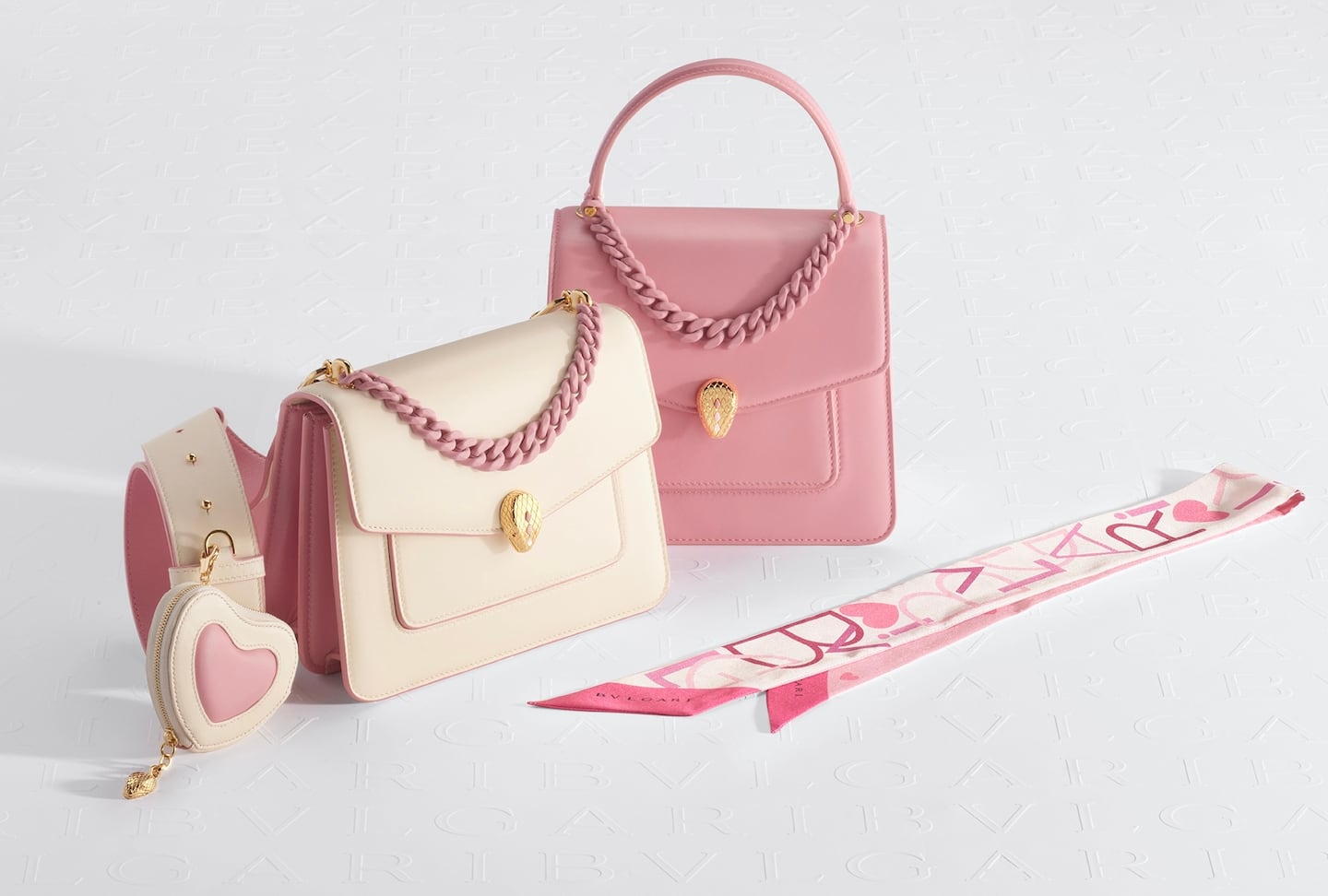
The Business of Fashion
Agenda-setting intelligence, analysis and advice for the global fashion community.

Agenda-setting intelligence, analysis and advice for the global fashion community.

Bulgari became the latest LVMH-owned brand to partner with JD.com on Monday, marking the first time the jeweller has joined with a third-party e-commerce partner.
The deal means users who search for Bulgari on JD.com will be redirected to a special Bulgari mini-programme operated within the JD.com infrastructure. In essence, Bulgari products with be available in a separate store within JD.com, but not directly on its platform alongside other brands.
“[This] customised and innovative model is a brand new exploration for both of us, and both sides will explore in-depth cooperation in the future to enhance the consumer experience and better meet the personalised needs of consumers while purchasing luxury goods online,” said Kevin Jiang, president of International Fashion and Lifestyle at JD.com.
It’s a similar arrangement to that of Louis Vuitton, which also chose JD.com as its first third-party e-commerce partner in April. In that case, users who search for “LV” on JD.com are redirected to Louis Vuitton’s official WeChat mini-programme where a full range of the brand’s products are available to purchase (WeChat owner Tencent also owns a 17.1 percent stake in JD.com and the two are generally considered allies in China’s highly-competitive tech landscape).
ADVERTISEMENT
Other LVMH-owned brands to partner with JD.com recently include Berluti and Givenchy Beauty, both brands opened flagship stores on the platform in July. As of April, JD.com said it has over 500 million annual active users on its platform.
The deepening of ties between the world’s largest luxury conglomerate and JD.com comes as Chinese tech companies face intense scrutiny by regulators. In particular, the practice of “er xuan yi”, or “choose one of two”, which essentially forced merchants into exclusive partnerships with one of China’s major platforms has been a major target of the crackdown, which led to a record $2.8 billion fine for e-commerce leader Alibaba earlier this year.
A significant aspect of the agreements struck with LVMH Group brands and JD.com is their flexibility. Brands are joining the platform in a variety of ways and seemingly on their own terms, a significant departure from the previous status quo in China’s hotly contested e-commerce environment.
Disclosure: LVMH is part of a group of investors who, together, hold a minority interest in The Business of Fashion. All investors have signed shareholders’ documentation guaranteeing BoF’s complete editorial independence.
Learn more:
Five Ways China’s E-Commerce Landscape Is Changing
From rethinking livestreams to doubling down on data in their supply chains, global brands need to keep up with local players to compete for a slice of China’s multi-trillion-dollar e-commerce market.
With consumers tightening their belts in China, the battle between global fast fashion brands and local high street giants has intensified.
Investors are bracing for a steep slowdown in luxury sales when luxury companies report their first quarter results, reflecting lacklustre Chinese demand.
The French beauty giant’s two latest deals are part of a wider M&A push by global players to capture a larger slice of the China market, targeting buzzy high-end brands that offer products with distinctive Chinese elements.
Post-Covid spend by US tourists in Europe has surged past 2019 levels. Chinese travellers, by contrast, have largely favoured domestic and regional destinations like Hong Kong, Singapore and Japan.